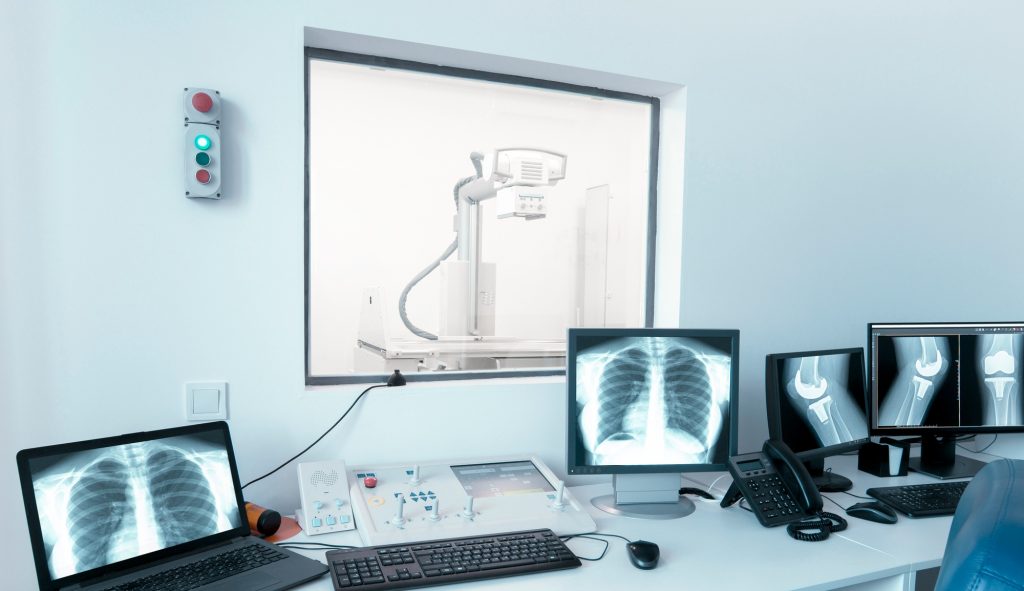Chest X-rays are often the first imaging test ordered when someone has chest symptoms like cough, shortness of breath, or chest pain. It’s a fast, non-invasive way to check for a variety of conditions such as pneumonia, heart enlargement, or broken ribs. While the idea of getting an X-ray might seem intimidating, it’s a simple and safe procedure that only takes a few minutes.
In this FAQ, we cover the most frequently asked questions about chest X-rays to help you feel informed and prepared.


